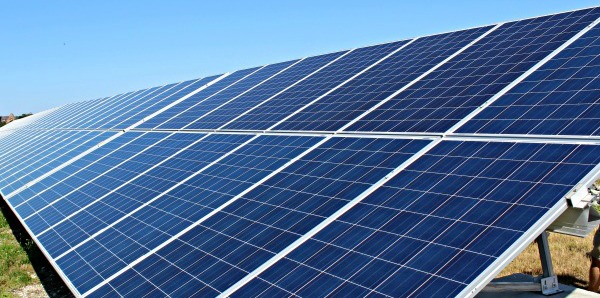North Carolina is in the midst of a growing pandemic, an unstable economy, and flat electricity demand. The Atlantic Coast Pipeline has been cancelled, but not before billions of dollars were racked up by Duke Energy and Dominion Energy.
Fortunately, North Carolina ratepayers will not be on the hook for the $2.5 billion cost Duke Energy expended over the years to construct the pipeline. That must be paid for by shareholders.
 The good news brought about by the failure of the pipeline construction cannot be celebrated too long, though, because Duke Energy’s rate case is currently before the North Carolina Utilities Commission (NCUC). Duke is asking for a rate increase that will total more than $1 billion annually. Included in this ask is reimbursement for capital costs for existing coal plants and cleanup of coal-ash operations as well as grid modernization, a term that sounds important but some of which includes routine maintenance.
The good news brought about by the failure of the pipeline construction cannot be celebrated too long, though, because Duke Energy’s rate case is currently before the North Carolina Utilities Commission (NCUC). Duke is asking for a rate increase that will total more than $1 billion annually. Included in this ask is reimbursement for capital costs for existing coal plants and cleanup of coal-ash operations as well as grid modernization, a term that sounds important but some of which includes routine maintenance.
So, what exactly is a fair rate of return for Duke Energy? That is one of the most important questions currently before the NCUC in this rate case. For a company that has increased its dividends year over year and pays its executives excessive compensation, this is a fair and important question for the regulators to decide.
A wiser investment for our state would be an investment in clean energy. At a time when economics favor clean energy, we should not be putting Duke's past poor decision-making on the back of ratepayers.
The natural gas "bridge to nowhere" is behind us, but uneconomical coal plants remain, even as clean energy costs continue to fall.
We have now an incredible opportunity to prioritize investment in clean energy. Just think what it would have meant for North Carolina if Duke and Dominion had spent their billions not on a futile attempt to build a pipeline, but on clean energy. That is where they - and we - should invest now, for a brighter future.